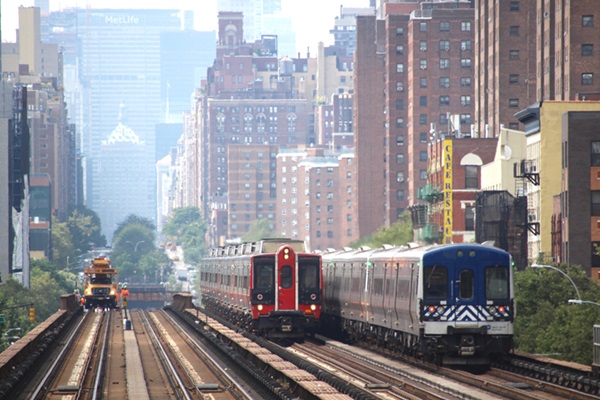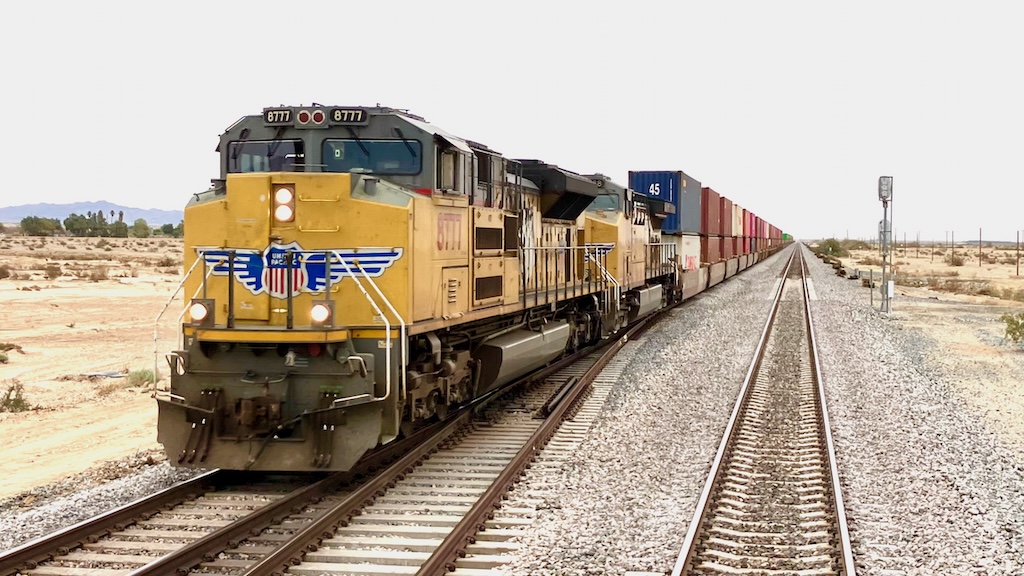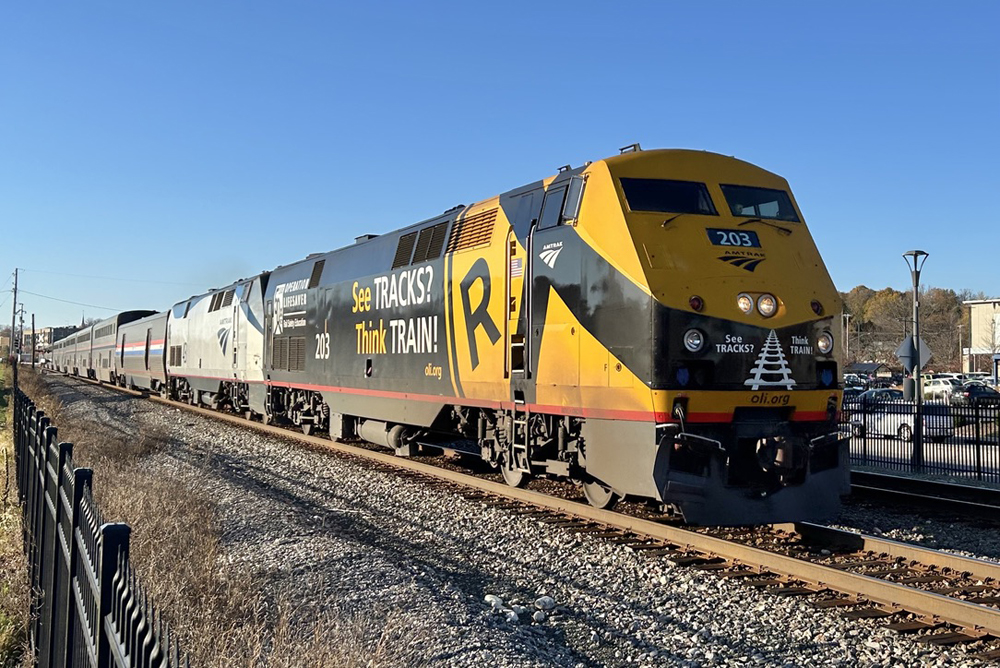
NEW YORK — The head of the Metropolitan Transportation Authority said Monday night that the transit agency would focus on state-of-good-repair work instead of improvements as a result of the planned halt to the Manhattan congestion pricing a program, a decision that will cost the agency $1 billion a year for its capital program.
The press conference featuring CEO Janno Lieber followed an earlier joint statement by MTA Chief Financial Officer Kevin Willens and General Counsel Paige Graves in breaking the agency’s silence since New York Gov. Kathy Hochul announced last week that she would call for the MTA to pause the congestion pricing program, citing the potential financial impacts on residents and on the city’s recovery from the COVID-19 pandemic [see “New York governor halts Manhattan congestion pricing …,” Trains News Wire, June 5, 2024].
Lieber said he would not resign over the decision, but made it clear the loss of the tolling money put the MTA in a difficult position.
“I’m the patron saint of challenging projects and challenging causes. It’s not in my nature to walk or to quit,” Lieber said, according to an amNY.com report. said “People did a lot of hard work in hard times and I couldn’t justify walking out.”
Among projects now at risk, he said, are extension of the Second Avenue Subway, expansion of the MTA’s electric bus fleet, and continuing work to make the subway system accessible for those with mobility issues. The latter is a particular problem, given that the MTA is under a court order to address accessibility. Lieber said Chief Accessibility Officer Quemuel Arroyo would work to determine how the agency could address as much of that work as possible with existing funding.
At the same time, the New York Times reports that Lieber said the focus would be on “basic stuff to make sure the system doesn’t fall apart. … For New Yorkers, mass transit is like air and water. We need it to survive. New York City and our 23-million-population region only works because we can move millions of people.” He also said the MTA would “fight like hell” to avoid service cuts as a result of the lost funding.
The statement from Willens and Graves noted that the MTA is not in a position to continue the planned improvement projects without the expected funding from congestion pricing, saying the agency “cannot award contracts that do not have a committed, identified funding source. … As such, the MTA Board will be evaluating what changes need to be made to the Capital Program in the lead-up to this month’s Board meeting. Modernization and improvement projects like electric buses, accessible (ADA) stations and new signals will likely need to be deprioritized to protect and preserve the basic operation and functionality of this 100-plus-year-old system.”
Without mentioning the governor, the statement also makes it clear her decision has left the MTA in the middle of a legal quandary.
“New York State law places an obligation on MTA to implement a congestion pricing program, and the agency stands ready to do so,” the statement says. “But under applicable federal law and regulation, the MTA cannot act until the Central Business District Tolling Program is approved by New York State, New York City and the federal government — and with the announcement of the pause, we no longer have the State’s consent.”
The next scheduled board meeting is June 26, following committee meetings on June 24. The 23-member board must still vote to postpone the start of congestion pricing, but it is made up of people nominated by the governor.
— Updated at 8 a.m. CT with information from Monday night press conference.














How is there a loss of the tolling money? They never had it in the first place.
You are absolutely correct. Past and future politicians keep kicking the can down the road. And keep getting re-elected.
Coming to a transit agency near you, somewhere in USA or Canada. Run out of legitimate funding sources for capital improvements, so turn to this dodgy tax of questionable conformity to the Federal or New York State constitutions.
Sorry folks. If we want modern, efficient mass transit accessible to disabled people, we’re going to have to figure out how to pay for it. Because we have not.
When a government agency becomes more and more creative in conjuring up taxes to support its programs, it’s in real trouble.
This country hasn’t come up with methods to fund Social Security, Medicare, or Medicaid, or rebuilding the Interstate Highway System at twenty times the cost of the original construction, other than by printing fiat money. Why would anyone think that we know how to fund multi billion dollar transit improvements. We don’t.